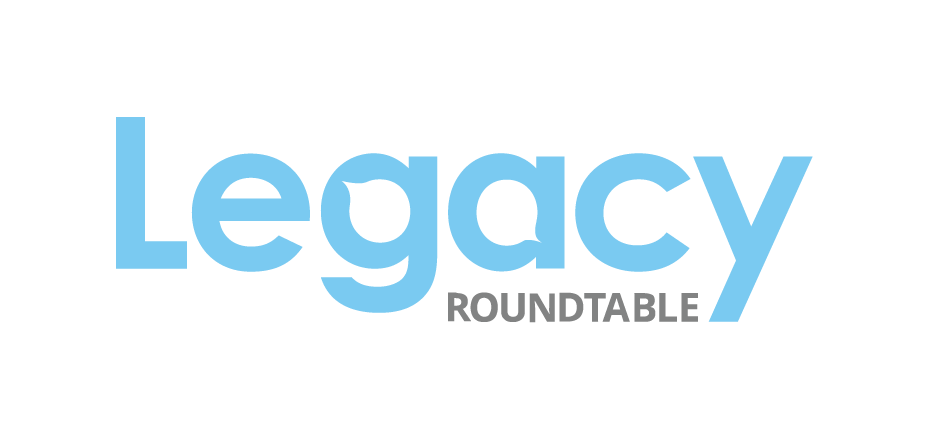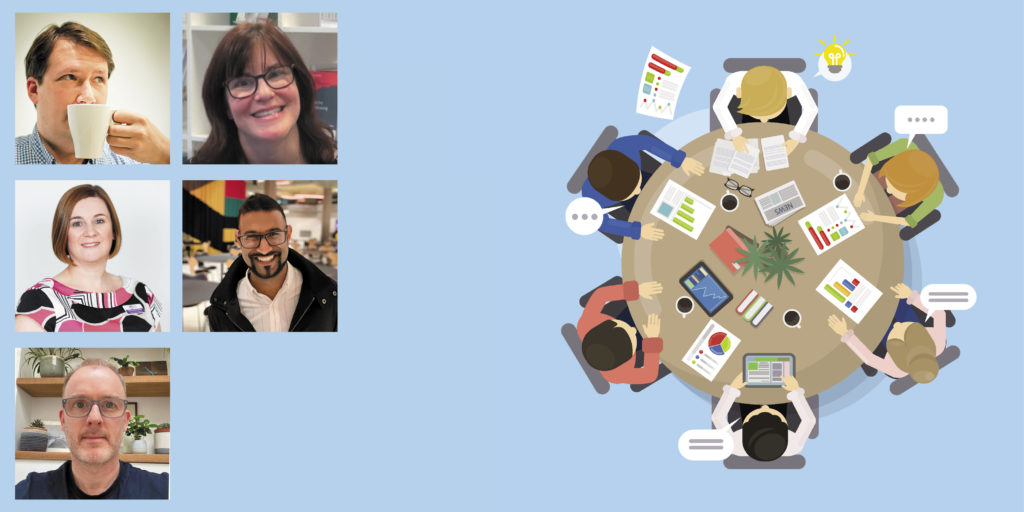Legacy Marketing
Listen now
Key Takeaways
In this episode, our co-hosts Stephen Follows and Claire Routley speak to our expert guests on the topic of Legacy Marketing. They explore the value of a Legacy Proposition, the nuances between Legacy and In-Memory marketing (and how to navigate this dual role) and also how to use effective measurement to demonstrate the impact of your marketing efforts and how far the dial has shifted towards achieving set goals.
Anaish Parmar – Legacy Engagement Manager, British Heart Foundation
Anaish started his legacy journey 6 years ago with an internship at Cancer Research UK and is now working as the Legacy Engagement Manager at the British Heart Foundation. He discusses the importance of developing a strong proposition to be able to effectively talk about legacies with supporters and partners, as well as internal teams.
To get other departments engaged with legacy giving, the BHF introduce their Legacy Proposition (which is called ‘Will Power’) within the induction phase for all new members. Anaish highlights the importance of empowering colleagues to talk about legacies and sharing stories of legacy donors and the impact they’ve had for the BHF to keep them excited about the potential of legacy gifts. He shares how the BHF integrate their proposition across the board and how having a strong core like ‘Will Power’ helps to get traction with people. One of their initiatives involved identifying the teams that had higher influence in the legacy sphere and developing internal strategies to incorporate legacy giving within their communications. At this time, their supporter journeys are quite linear and they’re developing CRM systems to get a better picture of how each touchpoint for a supporter has influenced their relationship with the charity and to see how they’ve moved through their journey.
Charlie Richardson – In Memory and Legacy Fundraising Manager at Peace Hospice Care
Charlie Richardson works as the In Memory and Legacy Fundraising Manager at Peace Hospice Care, a role that was only created a couple years ago when they identified legacy giving was a huge percentage of supporter contributions and decided to put more focus on it. For the charity, legacy was included within in memory fundraising as they were able to create a stewardship journey for those people who have benefited from their services and seen the impact regular giving donations can have. She discusses her roles and responsibilities at Peace Hospice Care and how she splits her time between the two areas. One of the key parts of her job is talking to patients every day and building relationships with them. She also talks about how to approach legacy conversations with their patients as it’s a sensitive topic and it’s important to provide the information they would like, but ensure they are not unduly influenced and to do this, she enlists a third person to help facilitate the conversation.
Peace Hospice Care are currently working on a campaign which will launch in October after ‘Remember a Charity Week’ and Charlie shares the details. As a medium-sized organisation, they were able to use their limited budget to create bookmarks and postcards for their charity shops which feature common myths within the hospice sector. She talks about how they’ve engaged their local council to get their literature included on media boards and magazines, and how helpful it can be to get local stakeholders involved as they can support getting the message out to the local community. Charlie also talks about connecting with bigger organisations who can be a great avenue to share leaflets and talk about the work the charity does. Drip-feeding legacy messaging is important throughout the year and she makes sure to work a legacy pitch at the end of every speech given by the organisation and discusses their year-long free wills initiative.
Chris Millward (Founder, LegacyGivingExpert)
Chris is the founder of LegacyGivingExpert and has been working in legacy fundraising for 15 years. His work involves helping charities of all shapes and sizes and at different stages of their legacy journeys. He discusses measuring success with legacies and the challenges that come with that. When working with clients, he finds the starting point is often internal, focusing on the culture and attitudes within the organisation. He stresses that we should always try to measure success in whatever capacity we can.
He divides legacy measurements into three parts:
- Short-term: looking at the specific activities undertaken as a wider campaign, measuring metrics such as reach, level of engagement, number of positive responses, cost of impressions/response/enquirer generation and any feedback received.
- Medium-term: charities should be running activities for a few years and use the cumulative effect of that to provide a framework from which the measurements can be tagged. This can also help to put people into different categories and see over time the potential movement across that model
- Long-term: looking at the money that’s realised and closing the loop on gifts left, which can be decades.
Some of the challenges mentioned by Chris included making sure to think wider rather than looking at how close competitors are performing, as organisations differ a lot and each one has its own journey. He talks about improving the culture within the organisation to embed a long-term approach and promote legacies, as well as focusing on immediate response programs. It’s important to make sure you try approaching legacies in different ways and to set you own benchmarks to aim for. Legacy fundraising requires a leap of faith as you can only offer a potential return and so internal stakeholder engagement is crucial to secure the resources and investments required to run our programs.
Chris has kindly put together six top tips for Legacy measurement and setting KPI’s. You can find a copy here

